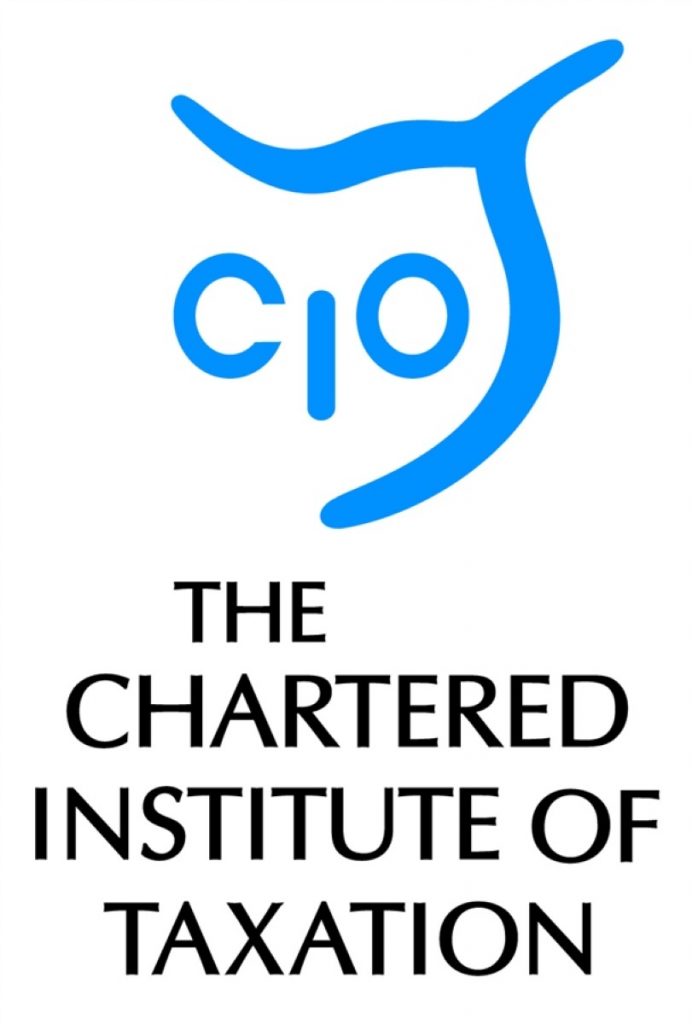International Tax: BEPS project a significant achievement but getting agreement for rule changes will still be a challenge
The G20/OECD project on Base Erosion and Profit Shifting (BEPS) will publish its final reports on Monday 5 October.
Commenting ahead of the publication of the reports, Glyn Fullelove, Chairman of the Chartered Institute of Taxation’s International Taxes Sub-Committee, said:
“Producing such a substantial set of reports in a relatively short period of time is a significant achievement. However the test will be getting international agreement for and implementation of a set of rule changes where there are a range of different perspectives and interests.
“We know there are areas where consensus has not been reached and the outcome is likely to be guidelines or ‘best practice’ recommendations. The challenge will be to knit the various outcomes into a structure which reduces unfair outcomes and increases transparency without leading to excessive reporting requirements and harming international trade.
“We are broadly supportive of the BEPS work but it is important that the timing of any changes to UK tax legislation is carefully planned to ensure that such changes are implemented at the same times as other countries to ensure the UK is not placed at a competitive disadvantage. It is important that there is time for companies to adjust, and for co-ordinated introduction across jurisdictions.
“A key area looked at by the OECD and G20 is the taxation of the digital economy. We are pleased that the OECD has previously endorsed our view that the digital economy cannot be ring-fenced from the wider economy, and we hope that the overall package does not lead to countries introducing measures that could damage the further development of the digital economy
“Transfer pricing is at the heart of the rules for taxing multinational companies. Transfer pricing based on arms length prices has its difficulties, especially when it comes to measuring what is the correct value which should be attached to intangible assets such as brands. However the underlying principle, that profit should be taxed in the country where it is generated, is sound, and we anticipate that it will endure, strengthened by tax authorities’ improved access to information.
“As well as modernising international tax rules there is a crucial need for developed countries to help developing countries improve their ability to collect taxes by helping them develop robust and capable tax authorities, as well as providing broader support for measures to improve governance and strengthen the rule of law. We are pleased that the UK is already taking a lead in this area.”
Notes for editors
The Chartered Institute of Taxation (CIOT)
The CIOT is the leading professional body in the United Kingdom concerned solely with taxation. The CIOT is an educational charity, promoting education and study of the administration and practice of taxation. One of our key aims is to work for a better, more efficient, tax system for all affected by it – taxpayers, their advisers and the authorities. The CIOT’s work covers all aspects of taxation, including direct and indirect taxes and duties. Through our Low Incomes Tax Reform Group (LITRG), the CIOT has a particular focus on improving the tax system, including tax credits and benefits, for the unrepresented taxpayer.
The CIOT draws on our members’ experience in private practice, commerce and industry, government and academia to improve tax administration and propose and explain how tax policy objectives can most effectively be achieved. We also link to, and draw on, similar leading professional tax bodies in other countries. The CIOT’s comments and recommendations on tax issues are made in line with our charitable objectives: we are politically neutral in our work.
The CIOT’s 17,000 members have the practising title of ‘Chartered Tax Adviser’ and the designatory letters ‘CTA’, to represent the leading tax qualification.





-01.png)